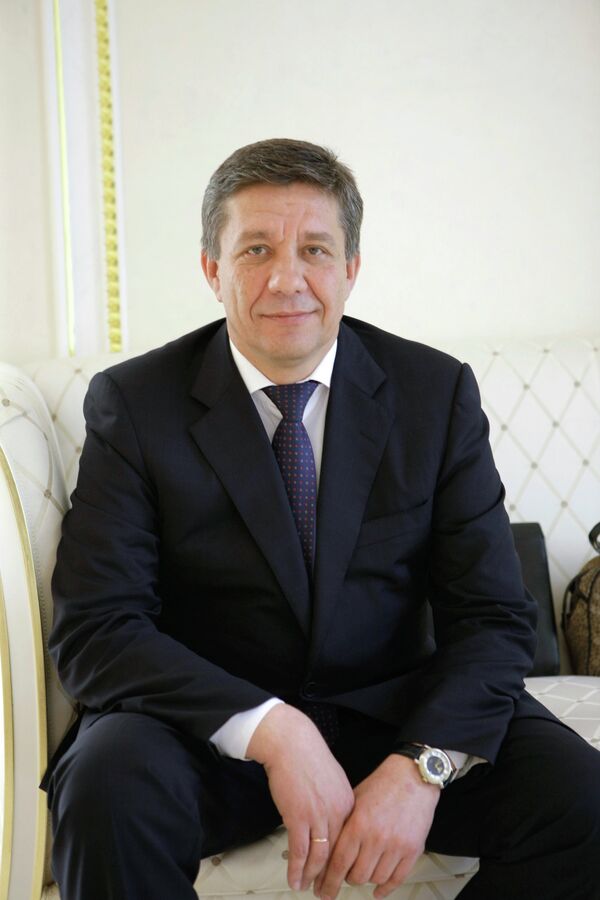Kazakhstan has lifted a moratorium on test launches of Russian intercontinental ballistic missiles (ICBM) from the Baikonur space center, head of the Russian space agency Roscosmos Vladimir Popovkin said.
The ban was imposed in 2009 in line with the Kazakh government’s plans to make Baikonur a purely commercial space launch facility.
“Now that the ban has been lifted we will [test] launch an ICBM [from Baikonur] in November,” Popovkin told Russian lawmakers on Friday.
Baikonur, built in Kazakhstan in the 1950s, is the main launch facility for the current generation of Russian rockets and was leased by Russia from Kazakhstan under an agreement signed in 1994 after the collapse of the Soviet Union. Russia pays an estimated annual fee of $115 million for the use of the space center, which currently has the world's busiest launch schedule.
The Russian-Kazakh agreement, which was signed in Astana on January 9, 2004, extends Russia's use of facilities at the Baikonur space center until 2050.
In addition to space launches, Russia frequently used Baikonur facilities to test performance characteristics and service life of its ballistic missiles.
The last launch prior to the moratorium was carried out in October 2008 and involved an RS-18 (SS-19 Stiletto) ICBM with a range exceeding 9,600 km (6,000 miles).


